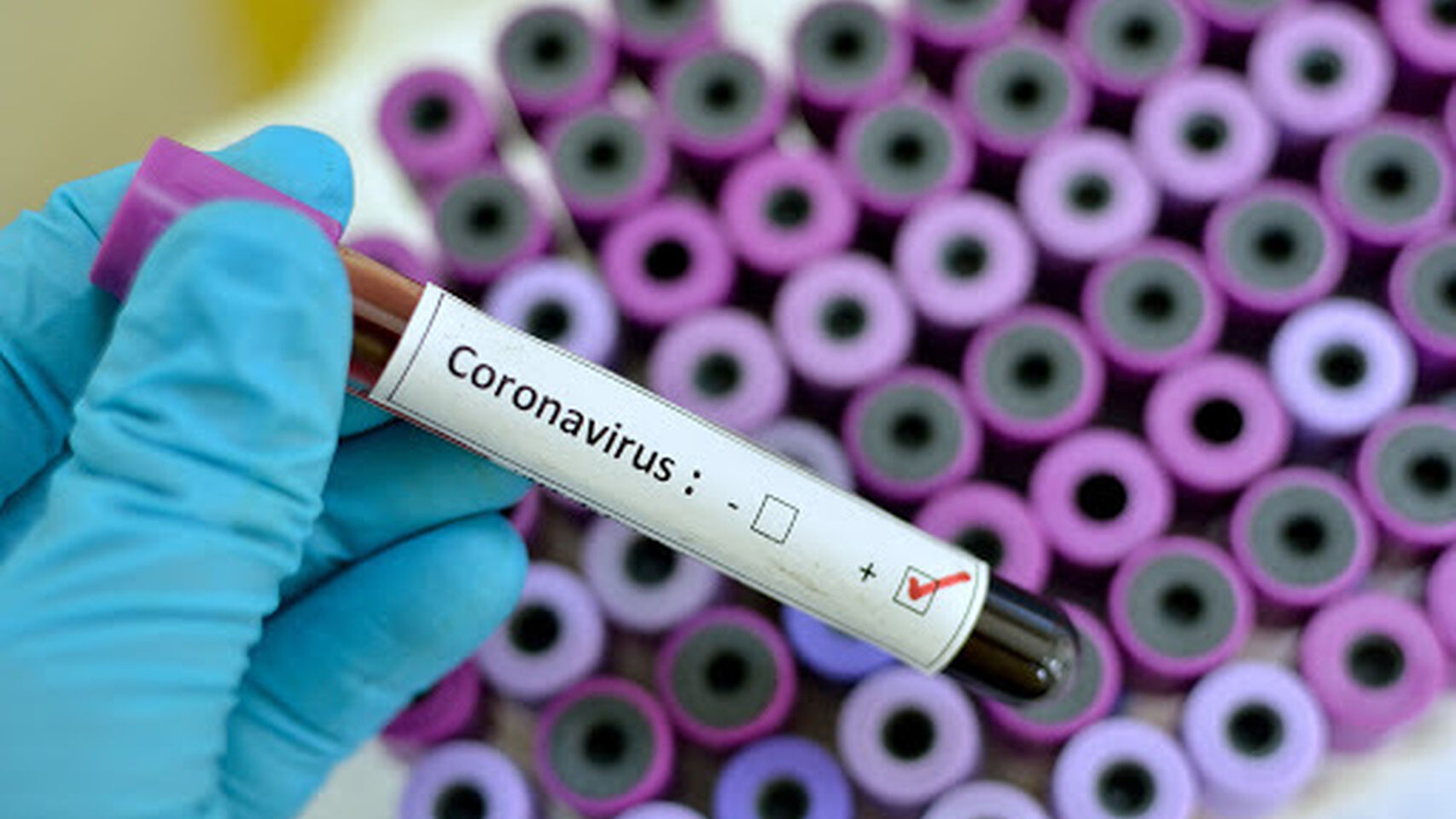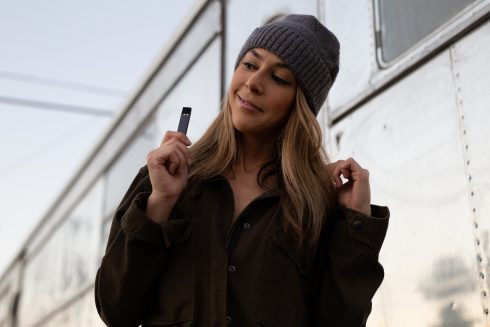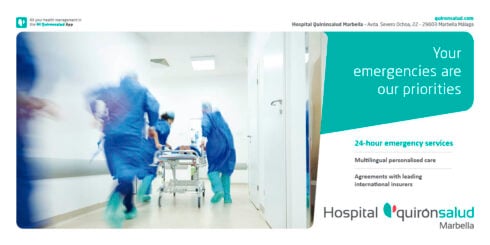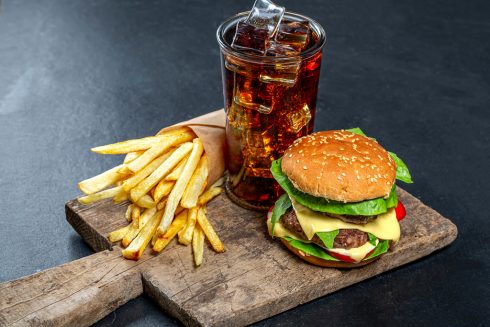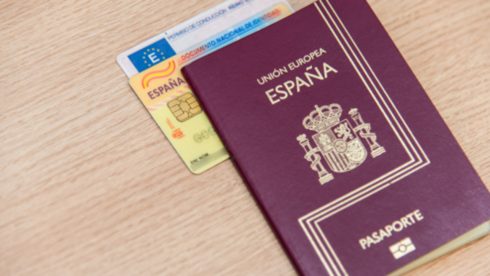IN the midst of the coronavirus pandemic the question on everyone’s lips – well except ‘where are all the toilet rolls’ – is inevitably going to be ‘is there a cure?’
Covid-19 is sweeping across the world, with infections and deaths rising everyday.
Globally, 182,000 people have been infected with more then 7,000 dead.
Scientific teams across the world are scrambling to create a vaccine to prevent or cure the infection.
So far, there is no proven cure or treatment but some scientists are claiming they are closing in an end to the viral spread.
The first to create a vaccine was Chinese researchers in February and after further research, it is thought that human testing will begin in April.
The drug used is an antiviral and is believed to have been developed for Ebola.
Closer to home, Spain is now launching its own clinical trials into this vaccine and will test the drug on infected patients.
These trials will be carried out in three hospitals across Spain, in Madrid, Bilbao and Barcelona.
Meanwhile in the US, a human clinical trial has begun testing an experimental vaccine to protect against the virus.
The drug apparently uses genetic engineering to create bits of the virus, therefore being recognised by the immune system.
Although health officials have said it may take up to 18 months to test any vaccine fully, it is thought that this drug could protect people in the short term while a vaccine is properly tested.
There are also researchers in Australia who may be even closer to the goal, claiming that a HIV and anti-malaria drug has cured Covid-19 patients.
Professor David Paterson from the University of Queensland Centre for Clinical Research said: “It’s a potentially effective treatment. Patients would end up with no viable coronavirus in their system at all after the end of therapy.”
The professor is hoping to trial the vaccine on a large scale by the end of the month.
Click here to read more Spain News from The Olive Press.

